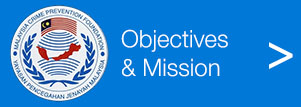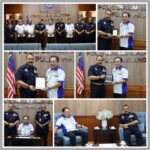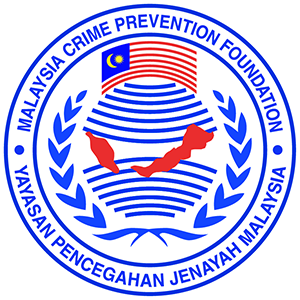
PETALING JAYA: A 16-year-old was arrested for allegedly producing deepfake explicit images of his schoolmates and selling them online.
The teenager could be charged under Section 292 of the Penal Code for the sale, distribution or circulation of obscene materials and Section 233 of the Communications and Multimedia Act (CMA) for sharing offensive and inappropriate content.
These do not really reflect the gravity of the offences he actually committed, say experts, who believe our laws have been outpaced by the rapid evolution of digital technology.
Existing laws are not sophisticated enough to deal with technological advancements, says Prof Dr Isdawati Ismail, adviser of children rights group Be My Protector.
“While Malaysia has cybercrime legislation in place, including under the CMA and the Penal Code, these laws often lag behind the sophistication of new digital crimes like deepfake pornography.
“The laws may not fully define or address AI-generated explicit content involving minors,” she said.
Isdawati called for clearer definitions and legislation surrounding digital consent, AI-generated content and criminalisation of non-consensual deepfakes, especially when minors are involved.
“Legal reforms should also consider restorative justice models for minors who commit such offences, focusing on rehabilitation rather than punishment alone.”
“A holistic and synchronised approach is also vital. Law enforcement agencies must work closely with the Education Ministry, tech companies and NGOs to monitor, detect and act on digital exploitation,” she added.
Isdawati also added that social media platforms must take responsibility to detect and remove harmful content quickly, while schools need to embed cyber wellness education into daily learning.
Parents, too, must be trained in digital parenting skills, she said.
According to TikTok community guidelines, the platform bans content that shows “the likeness of young people” or the likeness of adult private figures used without their permission.
The platform also requires any AI-generated content (AIGC) to be labelled when posted on social media.
“This can be done using the AIGC label, or by adding a clear caption, watermark, or sticker of your own.
“Even when appropriately labelled, AIGC or edited media may still be harmful. We do not allow content that shares or shows fake authoritative sources or crisis events, or falsely shows public figures in certain contexts,” the guideline said.
Another expert pointed out that the recent case in Kulai is a “wake-up call” for the education system.
Dr Wu Shin Ling of Sunway University’s School of Psychology said the case shows a serious gap where the nation’s youth are not being adequately educated on the ethical and responsible use of AI.
“We need to equip students not just with technical knowledge, but with a moral compass to navigate the digital world responsibly.
“AI is a powerful tool but, if misused, can cause devastating consequences,” she said.
Dr Wu suggested that the education system integrate digital ethics into the school curriculum through raising awareness on digital literacy beyond basic IT skills.
“Students should learn about ethical AI use, the importance of consent, and the real-world consequences of misusing technologies like deepfakes,” she added.
“Parents and educators should work together to foster open dialogue about technology and responsible behaviour.”
Parent Action Group for Education (PAGE) chairman Datin Noor Azimah Abdul Rahim said it is important for parents and teachers to have an open relationship with each other.
“All parties need to sit together and see how best to ensure that every aspect is covered,” she said.
Noor Azimah also blamed the lack of healthy activities such as competitive sport, and other interests or skills. Instead, students have been allowed to spend more time on their gadgets.
This article first appeared on The Star.
Past Events
- MCPF Penang pays a Courtesy Visit to YDH CP Dato’ Ts. Azizee bin Ismail at Penang Contingent Police HQ
- MCPF Penang & MCPF Secretariat Team supports PWDC’s 12th Penang Goes Orange Program at The Esplanade, George Town
- MCPF Penang attends PDRM’s 2025 North Zone ATIPSOM Enforcement Seminar at Grand Ballroom, G Hotel, George Town
- MCPF EXCO Member / MCPF Penang Deputy Chairman Dato’ Seri K. Pulayantran attends MCPF Management Standing Committee Meeting at MCPF HQ
- MCPF Penang guided by its Chairman Dato’ Seri Ong Poh Eng holds a Tender Opening for CCTV Project (SMK Mengkuang) Proposal at PGC






